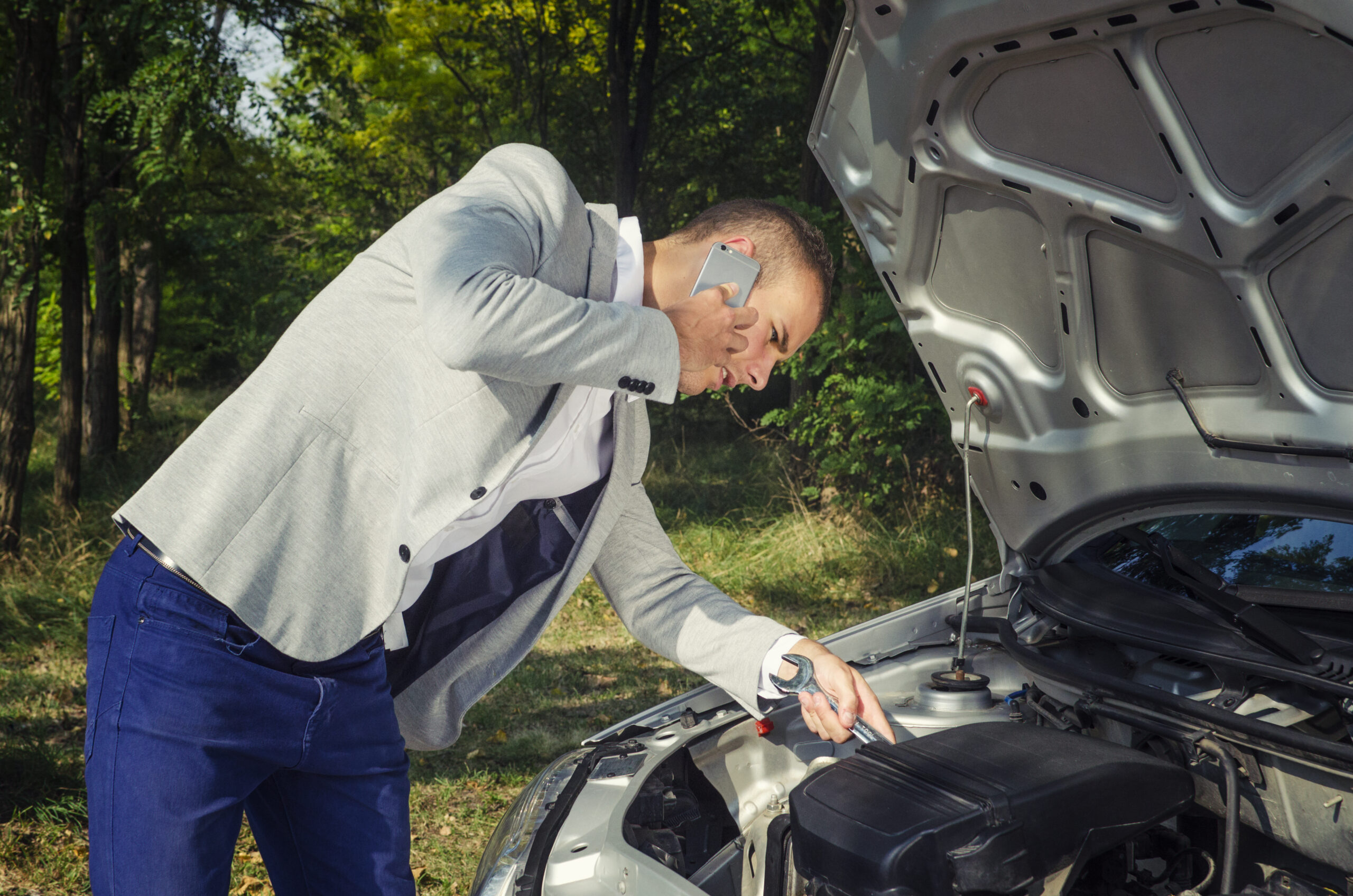A tough question to answer. No doubt it’s been on your mind for a while if you’re here reading this right now. Your old car is giving you problems, and you can’t take it anymore, but it’s been with you through thick and thin with all those memories. That new car you’ve had your eye on is going on sale, and you know your credit could get you into it quickly without hassle or fear of breakdowns or problems for ages. But what do you choose?
If your trusty steed is giving you problems every 2-3 weeks, it’s a frequent cost that adds up each month just like a new car payment would. Consider how much you’re paying now for your fuel, insurance, and repairs on your used car.
Cost of Repairs
Every repair you make on your vehicle technically increases its value incrementally, but is it enough to protect you from the loss of selling it? It’s important to know your repair history for this reason, as well as seeing the frequency of repairs you’ve needed on your vehicle. If your repairs cost more than a year’s worth of payments on your new car of choice, consider getting a new car instead.
If Cost of Yearly Repairs (Old Car) > Year’s Worth of Payments (New Car)
Then consider an upgrade.
Cost of Insurance
Insuring a new vehicle is generally more expensive than insuring an older one. When considering a new purchase, you need to understand whether or not the money you’d save on not repairing the new vehicle would help you save on the difference in insurance cost. Since insuring a new vehicle is almost always more expensive than insuring an older car, consider how much per year you will be paying for insurance on your new vehicle, and then compare that with the cost of insurance and repairs on your old vehicle. If the combined cost of yearly insurance and repairs on your old car is more than your new one, consider upgrading.
If Cost of Yearly Insurance and Repairs (Old Car) > Yearly Insurance (New Car)
Then you may want to upgrade.
Cost of Fuel
The last one is a no brainer, but you want to consider if you’re saving more on gas with your old vehicle versus a new one. Most new vehicles are more fuel-efficient in the same class as your old car due to the technology available now with drivetrains and transmissions.
If the Yearly Cost of Fuel (Old Car) > The Yearly Cost of Fuel (New Car)
Take it into account for your upgrade.
That said, all that goes into deciding over an upgrade or a repair is yearly costs. With a new car, you want to consider your interest rate, depreciation, and other factors. Owning a used car can give you the benefit of being the true owner and not owing anything on it. However, there are many maintenance costs associated with owning a used car that may outweigh your current financial situation.

